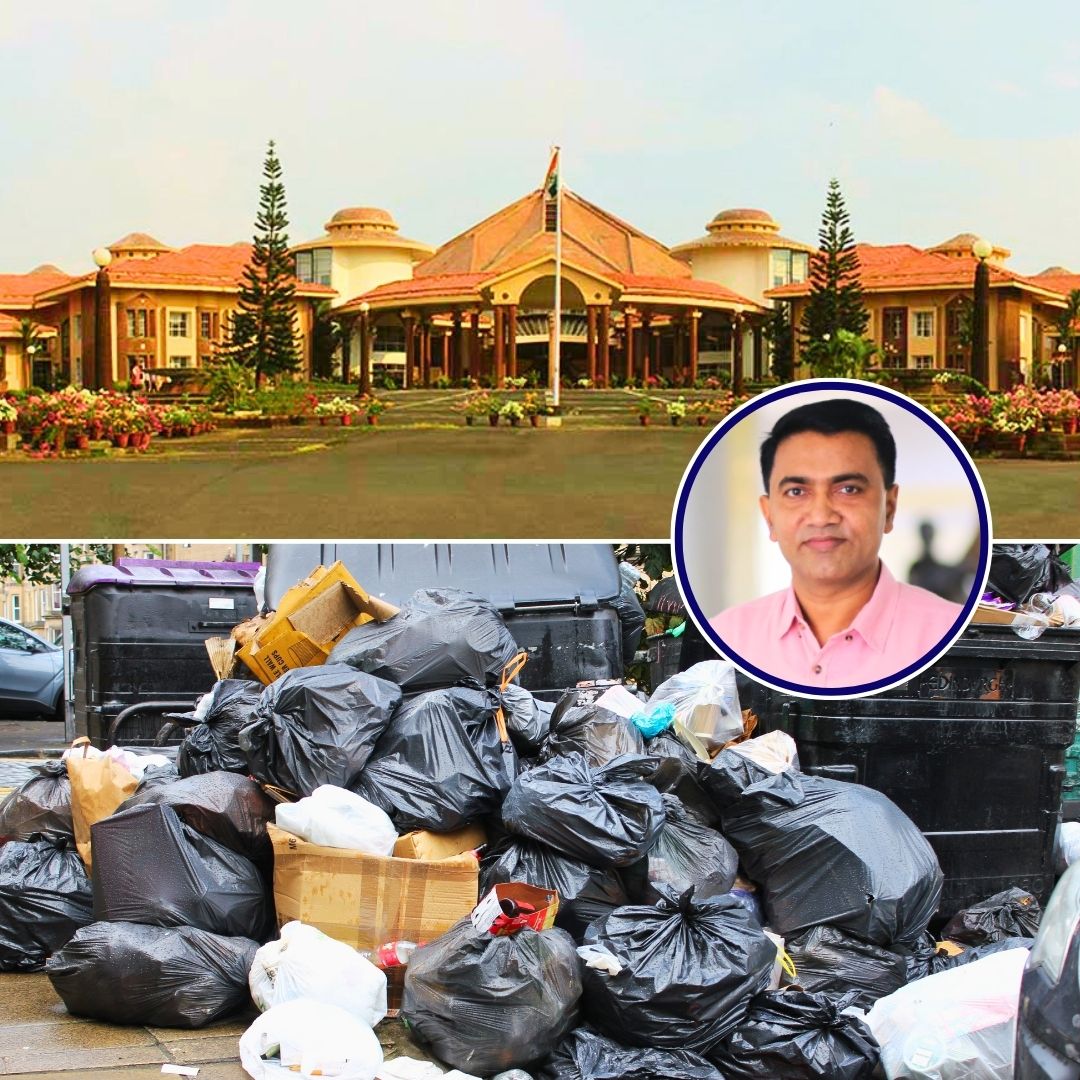The Goa Assembly has passed the Goa Non-Biodegradable Garbage (Control) (Amendment) Bill, 2025, introducing strict new rules to regulate waste disposal and combat pollution in the state. This legislation imposes penalties including fines up to Rs 3 lakh and jail terms for offenders who dump waste illegally in public or private areas, water bodies, and drains.
Authorities are empowered to impound vehicles used for illegal dumping and suspend or revoke the driving licences of repeat violators. Chief Minister Pramod Sawant described the bill as a critical measure to preserve Goa’s delicate ecosystem and improve cleanliness, with widespread support from environmentalists, residents, and local bodies alike.
Strengthened Waste Management Laws Aim to Protect Environment and Public Health
The recent amendment expands prohibitions to cover dumping of both biodegradable and non-biodegradable garbage in any drains, rivers, ponds, sewers, or public and private lands that risk contaminating soil and water or posing public health dangers. Penalties now begin with a fine of Rs 200 for initial offenders and can escalate to Rs 3 lakh for repeated or commercial-scale violations.
Serious breaches such as burning waste or mass dumping are subject to imprisonment, reflecting the government’s zero-tolerance policy toward environmental damage. The law also mandates that garbage be disposed of only at authorised collection points through designated receptacles, overseen by local authorities. Bulk waste generators, producers, recyclers, and brand owners must register digitally with the Goa State Pollution Control Board and secure prior authorisation for waste handling.
Police powers have been enhanced to seize vehicles transporting illegal waste and suspend or revoke licences for offenders, ensuring stronger enforcement on the ground. CM Pramod Sawant stressed that “this bill underscores our commitment to clean and green governance through strict accountability and scientific waste management”.
A Timely Legislative Response Amid Rising Pollution Concerns
Passed unanimously during the monsoon session, this bill amends the 1996 Act to address critical gaps by including additional materials such as multilayer plastics, tetra packs, rubber, jute, and corrugated boxes within the waste control framework. The decision responds to mounting evidence of environmental degradation caused by unchecked waste dumping that threatens Goa’s renowned tourist appeal and fragile ecological balance.
Local authorities and environmental activists have long called for stricter laws and effective implementation to address persistent challenges in waste management. The government’s decisive legislative action reflects a shared recognition across political lines that maintaining Goa’s cleanliness and natural beauty requires robust legal tools and effective institutional mechanisms. The assembly’s unanimous support signals a strong political will to protect the environment while balancing sustainable development objectives.
The Logical Indian’s Perspective
Goa’s newly strengthened waste management law represents a significant step toward environmental stewardship and social responsibility. However, legislation is only one part of the equation. For these measures to truly impact, there must be widespread awareness, cooperation, and a shift in mindset among all residents, businesses, and visitors who share the space.
The Logical Indian advocates for an inclusive approach that combines firm regulations with education, empathy, and community participation, fostering a culture where ecological preservation and public health are common values.
Waste Mismanagement Now a Punishable Offence
— CMO Goa (@goacm) August 5, 2025
The Goa Non-Biodegradable Garbage (Control) (Amendment) Bill, 2025, has been passed in the Goa Legislative Assembly, a sweeping reform to clean up public spaces, protect water bodies, and enforce accountability on waste disposal. 1/4 pic.twitter.com/wVlMGNGREz












